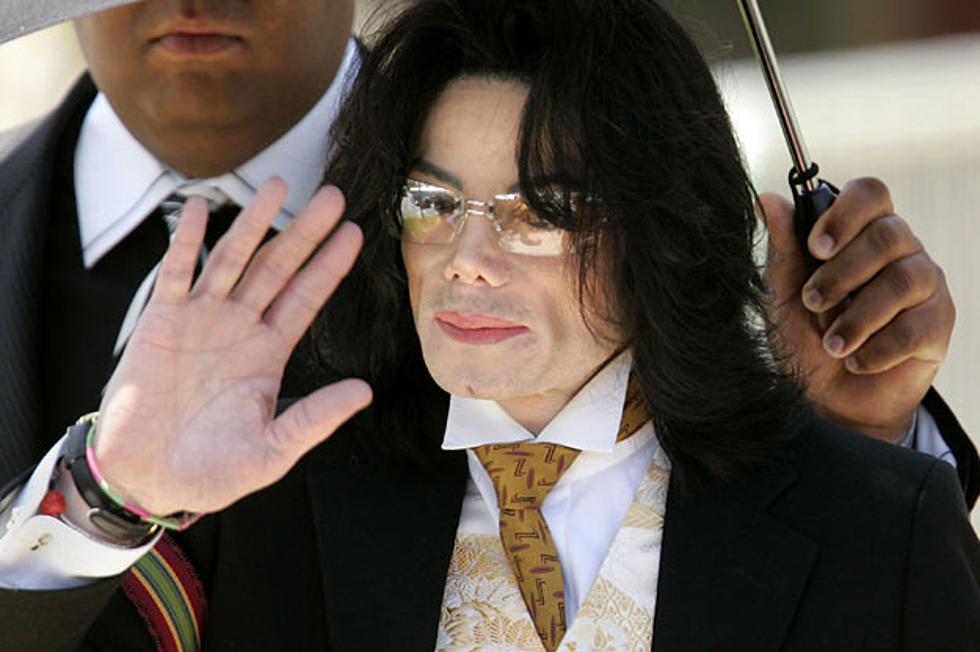
Man Suing MSNBC Over Michael Jackson Death Interview
Even if Dr. Conrad Murray was looking to capitalize off of his story concerning Michael Jackson‘s death, one man is claiming he was writing about the pop star’s untimely passing long before the media. In what is surely one of the most twisted and bizarre lawsuits of all time, a man named Everett Watson is looking to sue MSNBC over an interview with Conrad Murray after the death of Michael Jackson. Watson has cited copyright infringement as the offense, since he was working on writing a movie called ‘Murder of Michael Jackson: The Perfect Murder.’
According to The Hollywood Reporter, Mr. Watson filed the lawsuit in Texas last week in U.S. Superior Court stating that he has spent two years working on his film ‘Murder of Michael Jackson: The Perfect Murder.’ MSNBC recently aired an interview with Dr. Conrad Murray, who has just been sentenced to four years in prison for the involuntary manslaughter of Michael Jackson. Now, Watson is attempting to sue the news network over copyright infringement in the “checkbook journalism” interview, which also led to a lawsuit from Murray’s people as they were trying to profit off of the broadcast.
Here’s Watson’s “official” statement to the court:
“My script involves the death of Michael Jackson. The c.p.r. attempt. The transporting of Michael Jackson to the hospital! The discovery of the propofol! The quest to find out who gives Michael the propofol! It covers other suspects. It reveals Conrad Murray as a potential suspect without a clear motive then goes on to present a possible motive for the murder…Conrad Murray had no right to sell any story under the guise of A documentary to anyone. That story is copyrighted. There are so many elements in [the MSNBC special that are protected from reproduction by anyone without my consent it has to prevented from further broadcast or I will not be able to profit from my work.”
Apparently, Sony refused to look at Watson’s script since it was an “unsolicited submission.” The plaintiff then took the screenplay before lawyers, paying a $550 retainer free in addition to $275 per hour to the attorneys. Watson is now convinced that this payment is a “partial agreement with the firm to produce and market the film.” This is one wacky story — we hope everything is resolved sooner than later.
More From Mix 94.1






![Cute Cat Playing The Piano [VIDEO]](http://townsquare.media/site/158/files/2013/07/Nora-YouTube.jpg?w=980&q=75)



